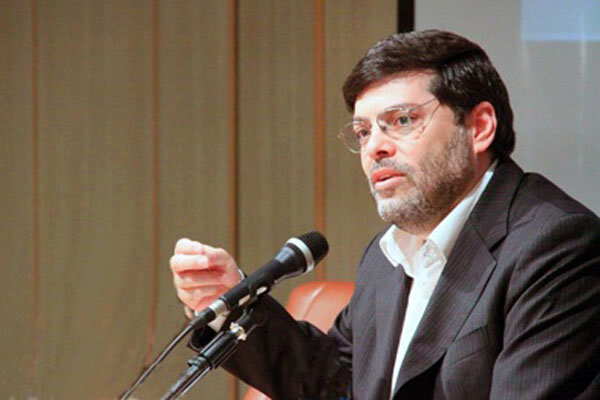Iran waiting for U.S. return to nuclear deal: advisor

TEHRAN – An advisor to the Iranian negotiating team has said that it is the United States that should return to its commitments under the 2015 Iran nuclear deal from which Washington withdrew in 2018.
Mohammad Marandi, also a professor of American studies at Tehran University, said in an interview with Al Mayadeen that the root cause of the nuclear deal, officially known as the Joint Comprehensive Plan of Action (JCPOA), has something to do with the U.S. view regarding that deal, Fars News reported.
Marandi also referred to the latest round of talks between Tehran and the International Atomic Energy Agency, saying a delegation from the IAEA paid a visit to Iran on Monday to discuss outstanding safeguards issues that has become a roadblock in the way of reviving the JCPOA.
Iran has reportedly demanded that the IAEA close its safeguards probe on Iran before a deal on reviving the JCPOA is signed.
The much-discussed probe revolves around uranium materials allegedly found at three Iranian sites that had not been declared to the IAEA. So far, Iran and the IAEA have discussed the matter extensively with no result. Iran has said that the probe is political and is meant to extract concessions from it in the Vienna talks. But the IAEA says the probe is independent from the JCPOA talks.
The latest visit by the IAEA could pave the way for a compromise both on the probe and the JCPOA. On Monday, an influential Iranian official said that many JCPOA-related issues have been addressed and that the safeguards issue stands out as the only outstanding matter.
Kamal Kharrazi, the head of Iran’s Strategic Council on Foreign Relations (SCFR), an advisory body to the Leader of the Islamic Revolution, implied that resolving the IAEA probe could break the ice on the Vienna talks.
Speaking at the Tehran Dialogue Forum, Kharrazi said, “Iran is ready to return to its JCPOA commitments. Many problems have so far been resolved. Only the safeguards issue remained which we hope will be resolved during the visit of the [IAEA] experts.”
Marandi said that the IAEA-Iran talks indicate the possibility of reaching a solution. “Negotiations between Iran and IAEA indicate the possibility of reaching a solution, but it is a political decision. Iran has no problem with Europeans, Russians and Chinese; but the problem is in America's perspective,” he said.
Regarding Iran's ability to build nuclear weapons, he emphasized that Iran does not want such a thing and the Zionist regime [Israel] is not in a position to cause significant damage to Iran's peaceful nuclear infrastructure.
Kharrazi said Monday that Iran is capable of building a nuclear weapon but it does not intend to do so because of its national security calculations.
The stalled nuclear talks are expected to resume in the near future, with Iranian Foreign Minister Hossein Amir Abdollahian and the foreign policy chief of the European Union, Josep Borrell, holding a meeting on the sidelines of a regional summit in Jordan.
Leave a Comment